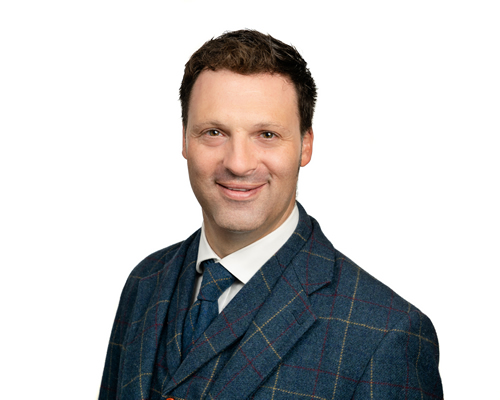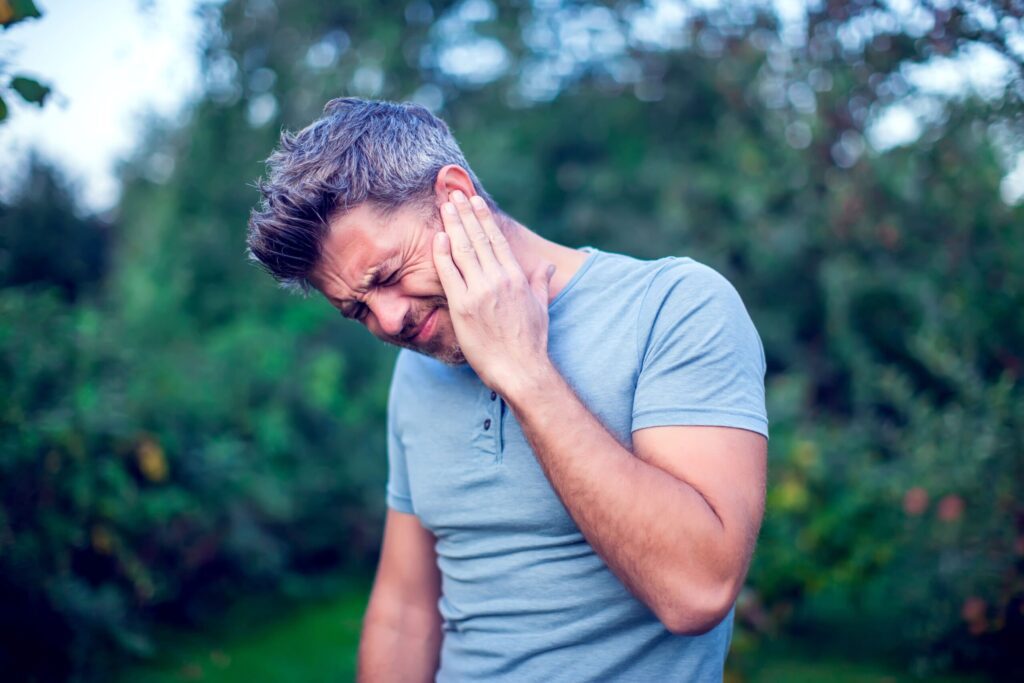Earwax is vital for protecting your inner ear’s health, moisturising the ear canal’s delicate skin, trapping dust and debris, and creating a barrier against infections. However, a blockage or build-up of this wax can cause several uncomfortable symptoms, including sudden hearing loss, pressure in your ear, tinnitus (typically a high-pitched ringing or buzzing in one or both ears), earache and dizziness.

1. Accurate and Instantly Effective
With microsuction, the audiologist uses a microscope to provide a clear and magnified view of the ear canal, enabling them to pinpoint the blockage, then quickly and safely remove it. Once the procedure is over, the unblocked canal will be visible on the video, and you’ll be able to notice a difference in the quality of your hearing immediately after your appointment.
Also, unlike ear syringing, this technique doesn’t require you to do any prior preparations, such as lubricating your ear with drops. Simply turn up on the day and let one of our expert ear specialists work their magic. We can even conduct microsuction earwax removal at your home, perfect if you’re juggling a hectic work schedule or unable to travel to one of our hearing clinics in London, Kent or Essex.
2. Safe to Use on Perforated Eardrums
The process of ear syringing, also known as ear irrigation, involves shooting a jet of water down the ear canal to dislodge the blockage, unfortunately making this technique unsuitable for those with a ruptured eardrum or history of ear surgery.
Conversely, microsuction for earwax removal sucks away any obstructions rather than potentially pushing them into the eardrum. Plus, as the audiologist uses a microscope to identify the issue, they can see precisely what they’re doing, helping them avoid causing any discomfort or aggravating pre-existing conditions.
3. Completely Mess-Free
Another significant benefit of using microsuction for earwax removal is that it’s a dry procedure. As no messy water for flushing out the blockage in your ear, you can easily pop in during a work lunch break or between meetings without worrying about getting a damp collar. It also reduces the risk of infection, as moisture can sometimes make the wax swell and exacerbate the issue.
Possible Side Effects of Using Microsuction for Ear Wax Removal
As with all earwax removal, there is the slight possibility you may feel dizzy or suffer temporary hearing loss after your appointment and the even more exceptionally rare risk of trauma to the ear canal and eardrum. However, so long as you remain still when asked to do so and visit a qualified and highly practised audiologist, this process is safe and utterly pain-free.
It’s important to mention, though, that you must seek treatment for an earwax blockage or build-up as soon as you notice the symptoms. Leaving it until it gets too bad to bear can lead to more serious conditions like infections.
Contact Regain Hearing’s highly qualified team of audiologists and book a consultation today to further discuss the benefits of microsuction for earwax removal. With hearing clinics in London, Kent and Essex, we’re passionate about helping our patients regain an excellent quality of hearing.








